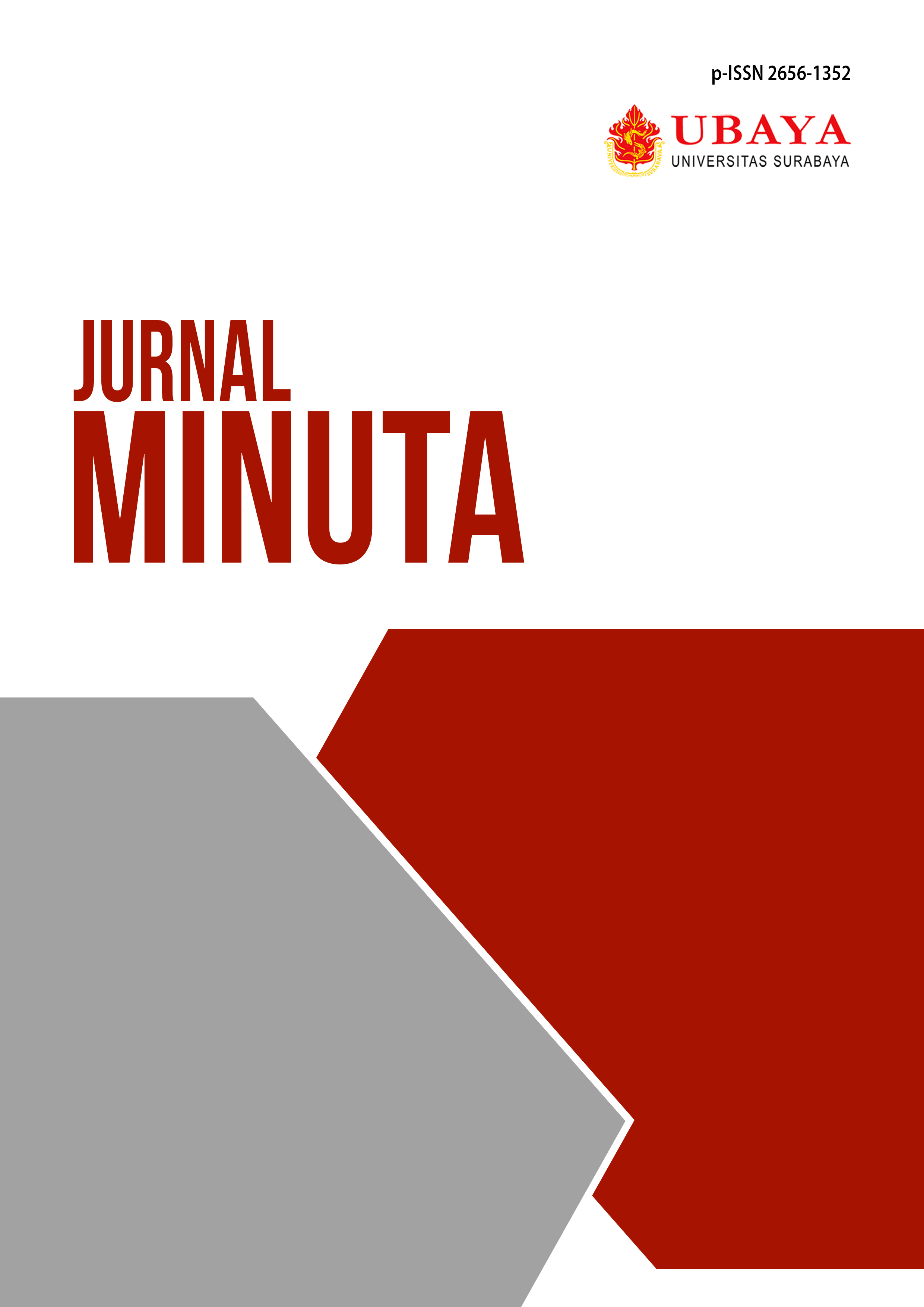Perlindungan Data Pribadi Klien pada Era Digital: Harmonisasi Regulasi Kenotariatan dan Hukum Perlindungan Data Pribadi
 Abstract Views:
130 times
Abstract Views:
130 times
 PDF Downloads:
133 times
PDF Downloads:
133 times
Abstract
In line with the rapid advancement of technology in the digital era, notaries have also begun using technological tools such as computers to create deeds. Nowadays, notaries face challenges in maintaining the security of their clients' data storage from digital threats such as computer viruses, data breaches and modifications, and even misuse of electronic signatures. Furthermore, personal electronic data is also vulnerable to hacking by irresponsible parties. This research aims to understand the regulation of personal data protection in Indonesia, particularly regarding the rights and obligations of notaries in managing their clients' data, as well as the legal-political relation of notarial regulations in ensuring the protection of clients' data, as viewed from the Notary Law. The research method used by the author is a normative juridical method through literature studies. In the era of information technology development, personal data protection becomes very important, especially in notarial practices involving legal documents that are private and sensitive. In addition to the Personal Data Protection Law, the Notary Law is also expected to provide a legal foundation to maintain the confidentiality and security of notary clients' data. Therefore, synchronization between the Notary Law and Personal Data Protection Law have its urgency, although both regulations have the same objective to protect client’s data, there is a need to synchronize them so that there is no overlap in their implementation.
Downloads

This work is licensed under a Creative Commons Attribution-ShareAlike 4.0 International License.
All articles published in MINUTA are licensed under a Creative Commons Attribution-ShareAlike 4.0 International (CC BY-SA) license. This means anyone is free to copy, transform, or redistribute articles for any lawful purpose in any medium, provided they give appropriate attribution to the original author(s) and MINUTA, link to the license, indicate if changes were made, and redistribute any derivative work under the same license.
Copyright on articles is retained by the respective author(s), without restrictions. A non-exclusive license is granted to MINUTA to publish the article and identify itself as its original publisher, along with the commercial right to include the article in a hardcopy issue for sale to libraries and individuals.
Although the conditions of the CC BY-SA license don't apply to authors (as the copyright holder of your article, you have no restrictions on your rights), by submitting to MINUTA, authors recognize the rights of readers, and must grant any third party the right to use their article to the extent provided by the license.

 DOI:
DOI:







